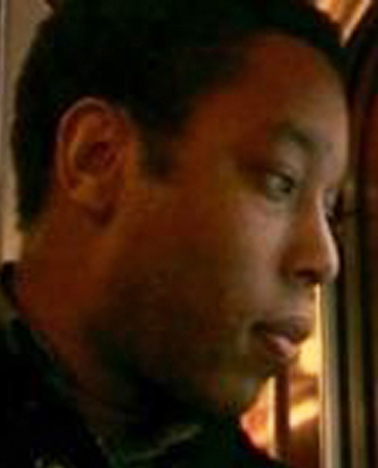Over eight months as a research fellow at CARMAH, I conducted ethnographic research, participated in symposia on “diversity,” migration, museums, and European Heritage, while also working on my book manuscript, “Articulating ‘Blackness’ as a Universal Claim: Holocaust Heritage and Noncitizen Futures.” The manuscript thinks through the relationships between Holocaust memory and contemporary democratic participation. It examines, in particular, the ways in which “Blackness” intervenes in those discussions, thinking through the relevance of the Haitian revolution to French democracy, and post-World War II African-American military occupation to a democratizing and denazifying Germany. From post-migrant theater’s use of “Black Power,” to the contemporary articulations of refugee rights, the project investigates the extent to which articulations of Blackness enable democratic participation in a context in which that participation demands accountability for Nazi perpetration and the associated proof that one is not anti-Semitic.
Through figures such as Angela Davis, Malcolm X, Mohammed Ali, and Martin Luther King, to what extent are Turkish- and Arab-German youth, for example, able to enter discussions about the future of Germany/Europe? How do contemporary German state-financed youth politics, designed to counter anti-Semitism as a critical component of promoting democratization, work in relation to these unanticipated links? Key sights for this investigation include the Memorial to the Murdered Jews of Europe, the Auschwitz-Birkenau Memorial and Museum, Berlin youth clubs and Berlin youth theaters.
I was grateful to have been at CARMAH and the Institute for European Ethnology as well as a fellow of the Alexander von Humboldt Foundation. The Center and the Institute are incredibly rich and engaging intellectual spaces.

